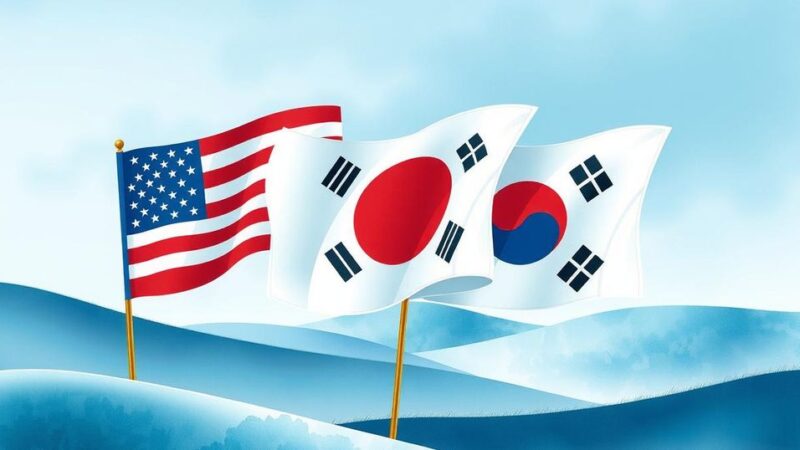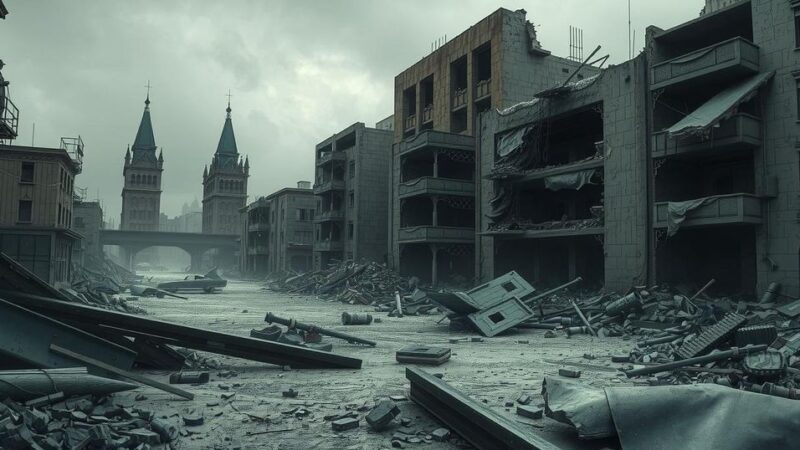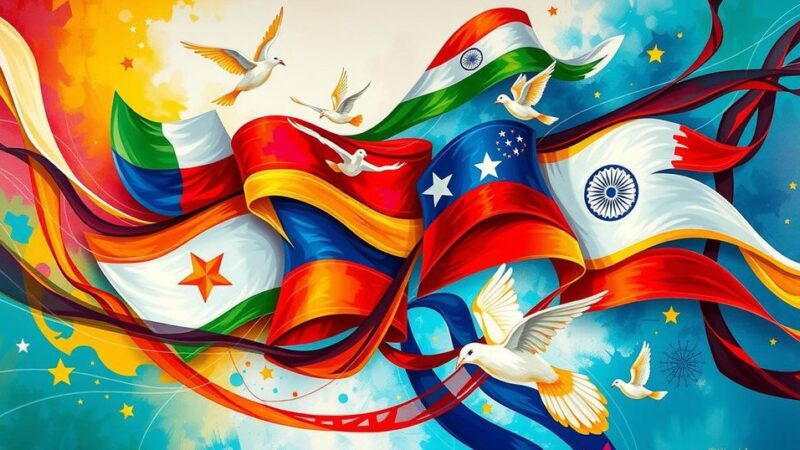Pakistan has called for the full implementation of a UN resolution aimed at withdrawing Rwandan-backed M23 rebels from the DRC and fostering diplomatic solutions. Ambassador Ahmad highlighted the humanitarian crisis caused by conflict in Eastern DRC and praised the work of MONUSCO peacekeepers. He urged for enhanced operational capabilities and accountability regarding threats to peacekeepers, while Ms. Keita reported on rising violence and humanitarian challenges in the region, underscoring the necessity for international support.
On Thursday, during a United Nations Security Council debate, Pakistan’s Ambassador Asim Iftikhar Ahmad advocated for the complete implementation of a recent resolution, which calls for the withdrawal of Rwandan-backed M23 rebels from Goma and surrounding areas in the Democratic Republic of Congo (DRC). He emphasized that military solutions are ineffective, urging DRC and Rwanda to engage in constructive diplomatic discussions to establish peace.
Ambassador Ahmad described the deteriorating situation in Eastern DRC, where the M23’s military actions, backed externally, have significantly threatened peace and the lives of civilians, worsening humanitarian conditions, and increasing risks of regional escalation. He encouraged all involved parties, especially M23, to collaborate sincerely with mediators, including Angolan President Joao Lourenco and former Kenyan President Uhuru Kenyatta, to effectively address the region’s complex security concerns.
The Ambassador praised the efforts of MONUSCO peacekeepers under challenging circumstances, while noting that M23 holds control over 40% of the territory, which hampers their operations. He urged for the removal of obstacles preventing MONUSCO’s activities and called for accountability regarding any threats to peacekeepers. He further stressed the need for strengthening MONUSCO’s capabilities in conjunction with the DRC government to facilitate enhanced peacekeeping efforts.
Ambassador Ahmad concluded by asserting that both DRC and Rwanda should demonstrate political commitment in adhering to the Security Council’s directives and the African Union’s resolutions to foster lasting stability in the region. Furthermore, UN stabilization mission chief Bintou Keita highlighted the ongoing territorial expansions by armed groups linked to M23, expressing serious concerns about violence and displacement following M23’s capture of key cities last month.
Ms. Keita described the alarming rise in human rights violations, including summary executions and forced child recruitment, placing significant burdens on women and children. Reports from the Danish Refugee Council indicated severe trauma among displaced youth, with alarming instances of sexual violence reported.
In Ituri province, conflicts between CODECO and Zaire armed groups have intensified, displacing thousands and exacerbating humanitarian access challenges. Ms. Keita pointed out that the humanitarian response remains severely underfunded, standing at only 8.2% of the required financing as of March 2025. Despite these setbacks, MONUSCO continues to execute its mandate effectively, facilitating disarmament efforts and improving coordination with Congolese forces while contending with M23’s restrictions around Goma.
Pakistan’s representatives have strongly emphasized the need for diplomatic solutions rather than military actions regarding the ongoing conflict in the Democratic Republic of Congo. The alarming humanitarian situation and the rise in violence necessitate a committed response from all involved parties to secure peace. Continued international support and funding are critical as auxiliary efforts by MONUSCO attempt to stabilize the region amidst escalating armed conflicts and human rights violations.
Original Source: tribune.com.pk






